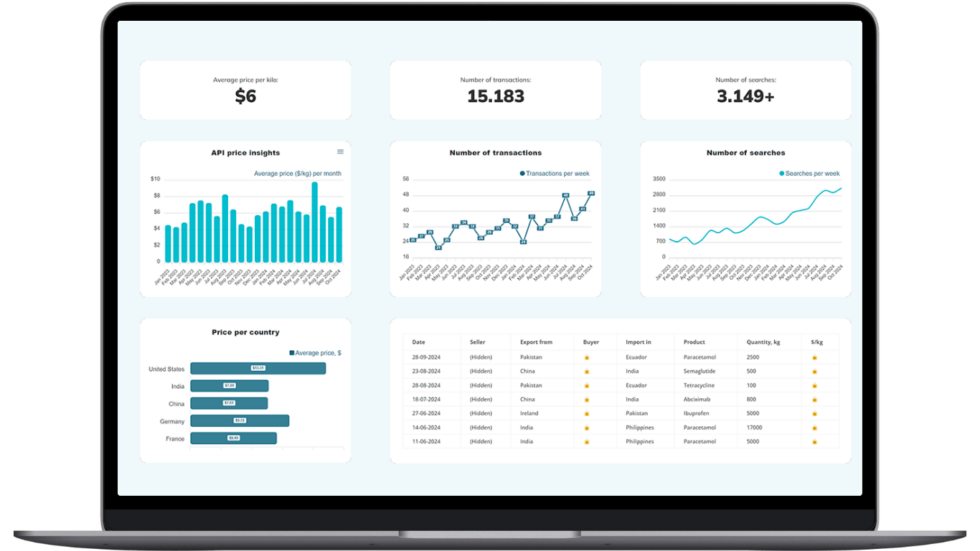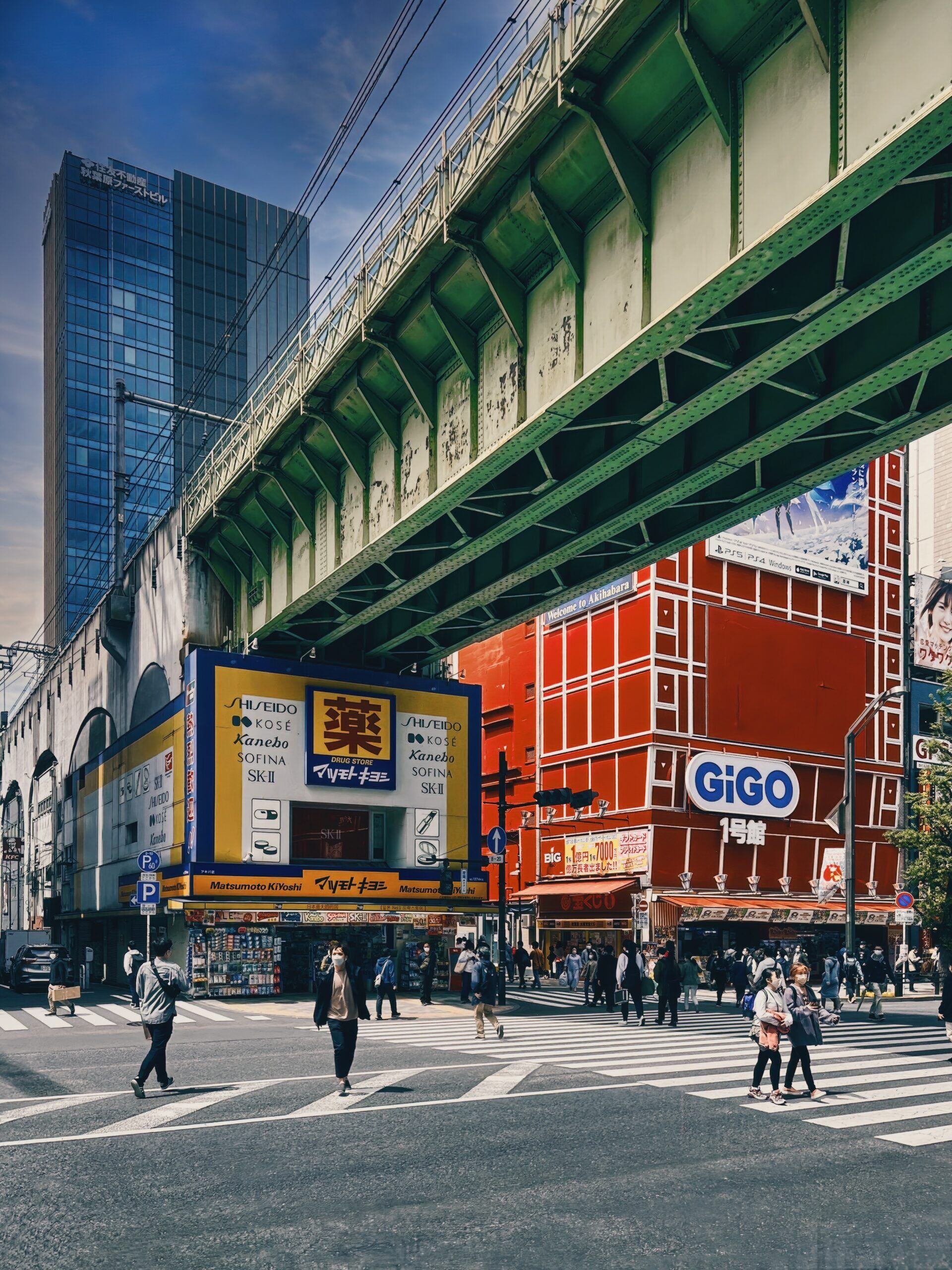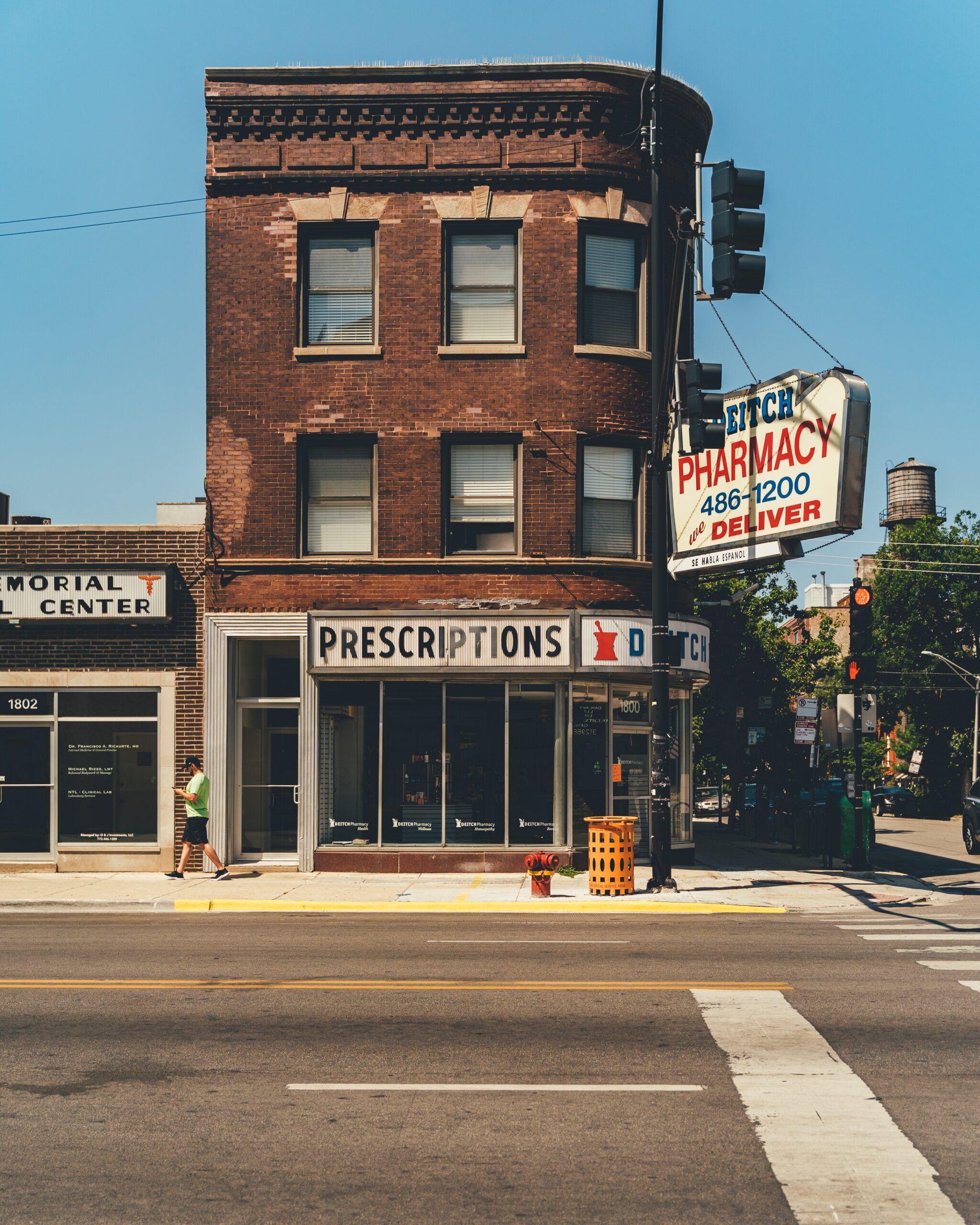
David Blok| Posted on May 15, 2023
Top 5 Countries with the Most Pharmacies
Pharmacies play a crucial role in providing accessible healthcare services to individuals worldwide. They serve as vital hubs for dispensing medications, offering professional guidance, and promoting overall well-being.
In this blog, we embark on an intriguing journey to explore the top five countries with the most pharmacies, celebrating their commitment to healthcare accessibility.
These nations exemplify the importance of having an extensive network of pharmacies, ensuring that individuals have convenient access to medications and healthcare expertise. From Europe to the Americas and Asia, let’s uncover the pharmacy powerhouses prioritizing their citizens’ health and well-being.
5. Germany
Germany stands as a shining example of an efficient and accessible healthcare system. With over 20,000 registered pharmacies, the country takes pride in its well-organized and highly regulated pharmacy network. Germans enjoy convenient access to medications, health advice, and a range of essential healthcare services.
Pharmacies in Germany play a vital role in providing prescription drugs, over-the-counter products, and specialized medications to meet the diverse needs of the population. The country’s rigorous regulations ensure the safety and quality of pharmaceutical products, reinforcing trust in the pharmacy profession.
4. France
France is renowned for its comprehensive healthcare system, where pharmacies serve as pillars of accessible healthcare. With over 22,000 pharmacies, the country prioritizes pharmaceutical accessibility, ensuring that individuals have convenient access to medications and healthcare expertise.
French pharmacies offer a wide range of prescription drugs, over-the-counter products, and specialized services such as medication counseling and vaccination. The profession of the pharmacist is highly regarded, and pharmacists are valued as essential healthcare providers who contribute to public health initiatives and promote well-being within communities.
3. Japan
Japan’s commitment to healthcare accessibility is evident in its significant number of pharmacies. With approximately 50,000 pharmacies, individuals in Japan enjoy convenient access to prescription drugs, over-the-counter medications, and a range of healthcare services.
Pharmacies in Japan play a vital role in serving the diverse healthcare needs of the population, providing essential medications, health advice, and specialized services such as health screenings and medication management.
The Japanese pharmacy landscape reflects the country’s focus on preventive care, as pharmacists actively engage in promoting public health initiatives and education.
2. United States
In the United States, a vast number of pharmacies serve as beacons of healthcare accessibility. With over 60,000 community pharmacies, including large chains and independent establishments, the country boasts an extensive network that spans urban and rural areas.
American pharmacies play a crucial role in providing prescription medications, over-the-counter products, and personalized healthcare services. The convenience of 24-hour pharmacies, drive-through services, and online prescription refills contributes to the accessibility and efficiency of the healthcare system.
The presence of diverse pharmacy models, including retail pharmacies, hospital-based pharmacies, and specialized clinics, ensures that Americans have ample options for their healthcare needs.
1. Brazil
As one of the largest countries in South America, Brazil has made commendable efforts to establish a wide network of pharmacies. With approximately 78,000 pharmacies spread across the country, Brazil prioritizes healthcare accessibility, particularly in rural and remote areas.
Pharmacies in Brazil play a crucial role in providing essential medications, over-the-counter products, and healthcare advice to individuals who may face geographical barriers to accessing healthcare facilities.
This extensive pharmacy network ensures that Brazilians have convenient access to medications, healthcare advice, and essential services, contributing to better health outcomes nationwide.

Make Smarter API Decisions with Data
Access exclusive insights on global API pricing, export/import transactions, competitor activities and market intelligence.
The top five countries with the most pharmacies exemplify a shared commitment to healthcare accessibility and the importance of having an extensive network of healthcare providers. Germany, the United States, France, Japan, and Brazil have created robust pharmacy landscapes, ensuring that their citizens have convenient access to medications, healthcare advice, and essential healthcare services.
Through their efforts, these countries have fostered environments where individuals can easily obtain the healthcare support they need, promoting overall well-being and contributing to healthier populations.
However, it is important to recognize that having a high number of pharmacies does not guarantee optimal healthcare outcomes. Factors such as the quality of care provided, availability of healthcare professionals, and affordability of medications are also crucial considerations.
While these countries have made significant strides in providing accessible healthcare through their pharmacy networks, ongoing efforts are needed to ensure that healthcare remains affordable, equitable, and of high quality for all.
Thank you for reading!











Check out all other blogs here!